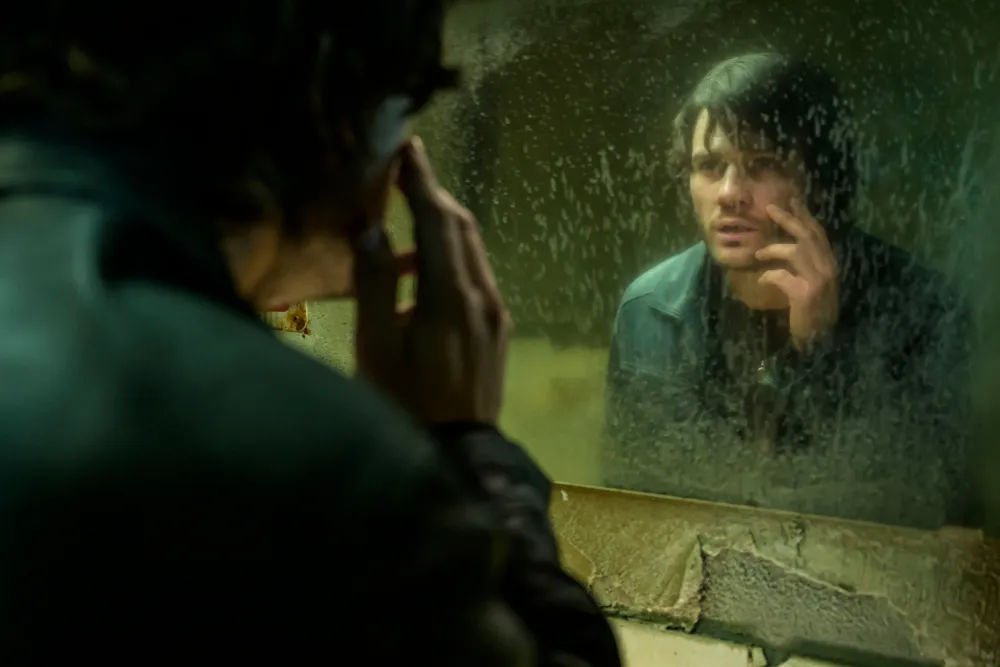The fog is rolling in again—and this time, it’s bringing more than nostalgia.
After years of speculation, teases, and eerie silence, Return to Silent Hill has a confirmed U.S. theatrical release date: January 23rd, 2026. Directed by Christophe Gans, the visionary behind the original 2006 Silent Hill film, this third installment adapts Silent Hill 2—the psychological horror game often hailed as one of the greatest in the genre’s history. With a loyal fanbase and new viewers alike already buzzing, the film is poised to redefine what video game adaptations can look and feel like.
A Return Rooted In Emotion And Dread
At the center of Return to Silent Hill is James Sunderland played by Jeremy Irvine, who finds himself drawn back to the cursed town by a cryptic letter from his long-deceased love, Mary played by Hannah Emily Anderson. What unfolds is not just a descent into a literal hellscape—but a spiraling journey through guilt, trauma, and emotional purgatory. For longtime fans, this faithful adaptation is more than a horror flick—it’s a cinematic reckoning with unresolved grief and buried truths.
Not Just Another Reboot—This One Has Teeth
Unlike most horror reboots chasing cheap jump scares and box office weekends, Return to Silent Hill feels deliberate, patient, and personal. Gans’ return signals a creative continuity that genre fans crave, while the involvement of Akira Yamaoka, the legendary composer of the original games, ensures the mood will remain as hauntingly immersive as ever. Add in Evie Templeton’s return as Laura via motion capture, and the project’s fidelity to its source material is crystal clear.
Backing the release is Cineverse under its Bloody Disgusting and Iconic Events banners—labels that speak directly to horror diehards. And though January releases are traditionally risky, this drop date feels more like a confident statement: “We don’t need Halloween to own the horror conversation.”
A High-Wire Balancing Act Of Horror And Humanity
In a post-Last of Us world, expectations for game-to-screen adaptations are higher than ever—and Return to Silent Hill is ready to meet them. What makes Silent Hill 2 so enduring isn’t just the monsters (though Pyramid Head will almost certainly leave a scar)—it’s the psychological weight. The eerie, decaying town becomes a mirror for James’ guilt, making the horror not only supernatural, but deeply human.
If the film pulls this off—and all signs point to yes—it could reshape how studios approach prestige horror and video game properties alike.
The Bigger Picture
This isn’t just a return to a fog-covered town, in fact, it’s potentially a turning point for genre cinema. Return to Silent Hill isn’t chasing trends. It’s embracing the source, leaning into slow-burn dread, and inviting audiences into a nightmare that’s both intimate and epic. When the fog clears on January 23rd, 2026, horror fans may not just witness the revival of a beloved franchise—but the rebirth of the game adaptation genre.






